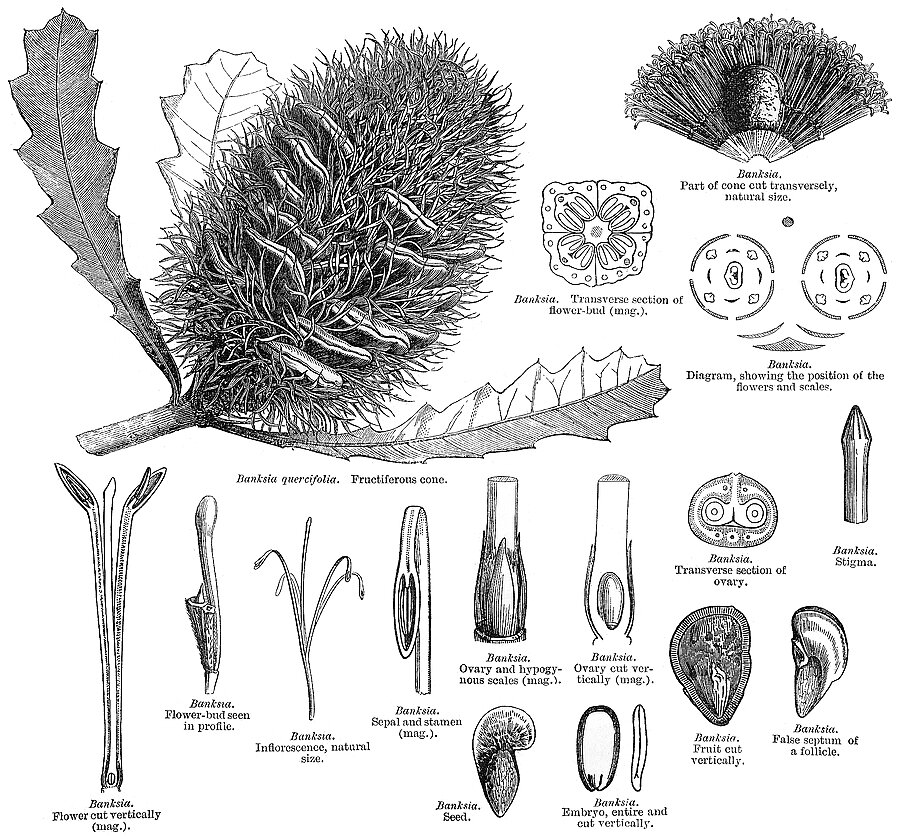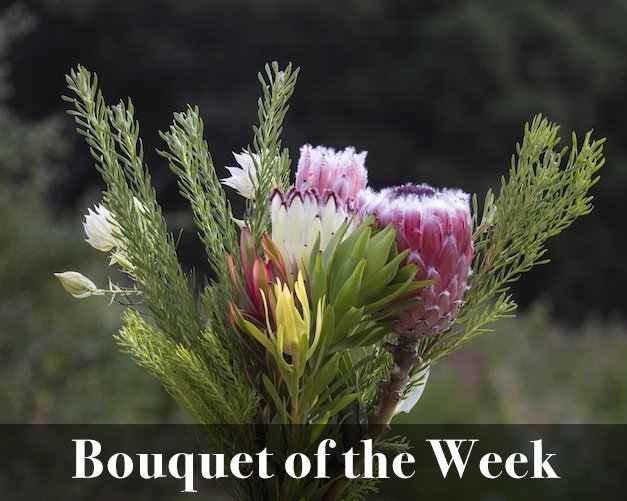All About Protea
Proteaceae are over 80 million years old, making them one of the oldest flower families in history. In fact, they overlapped with dinosaurs for at least 20 million years. With more than 1,660 known species, Proteaceae are prolific in their native South Africa and grow exclusively in dry, coastal Mediterranean climates.
Discovering Protea
Western societies were introduced to this ancient family of flowering plants in 1735 when Carl Linnaeus named Protea after the Greek God Proteus, due to their wide variety of forms. Though limited to specific environmental requirements including dry weather, warm sun and sandy, low nutrient soils, Protea are now cultivated in over 20 countries across the globe.
Bad Soil is Better
Protea are masters at absorbing nitrogen, phosphorous and water from soil, which means they do not like humidity or fertilizers. While this makes Protea a great option for a sustainable flower farm, it also makes them difficult to keep alive in the wrong climate. Protea are naturally found in dry and rocky with highly porous soil. Like most Californians, they also love a salty sea breeze.
King Protea, Lord of the Flowers
King Protea (Protea cynaroides) has been South Africa’s national flower since 1976. It’s name indeed fits its form, as each flower can be between 4-10 inches in diameter - just a few inches smaller than a dinner plate. King Protea has over 80 garden varieties and is highly adaptive to wildfires, keeping spare buds underground. The King is now well know as a centerpiece in wedding bouquets.
The Sugarbush
Protea repens (mellifera) produce copious amounts of nectar, hence the common name “sugarbush” or suikerbossie in Afrikaans. The nectar - called bossiestroop - was used through the 19th century as a medicine to cure coughs and chest pains, as well as to sweeten food. Planting Protea is also a great way to support the declining bee population in California.
Learn about Protea in your home! Order Our Bouquets to your front door:








